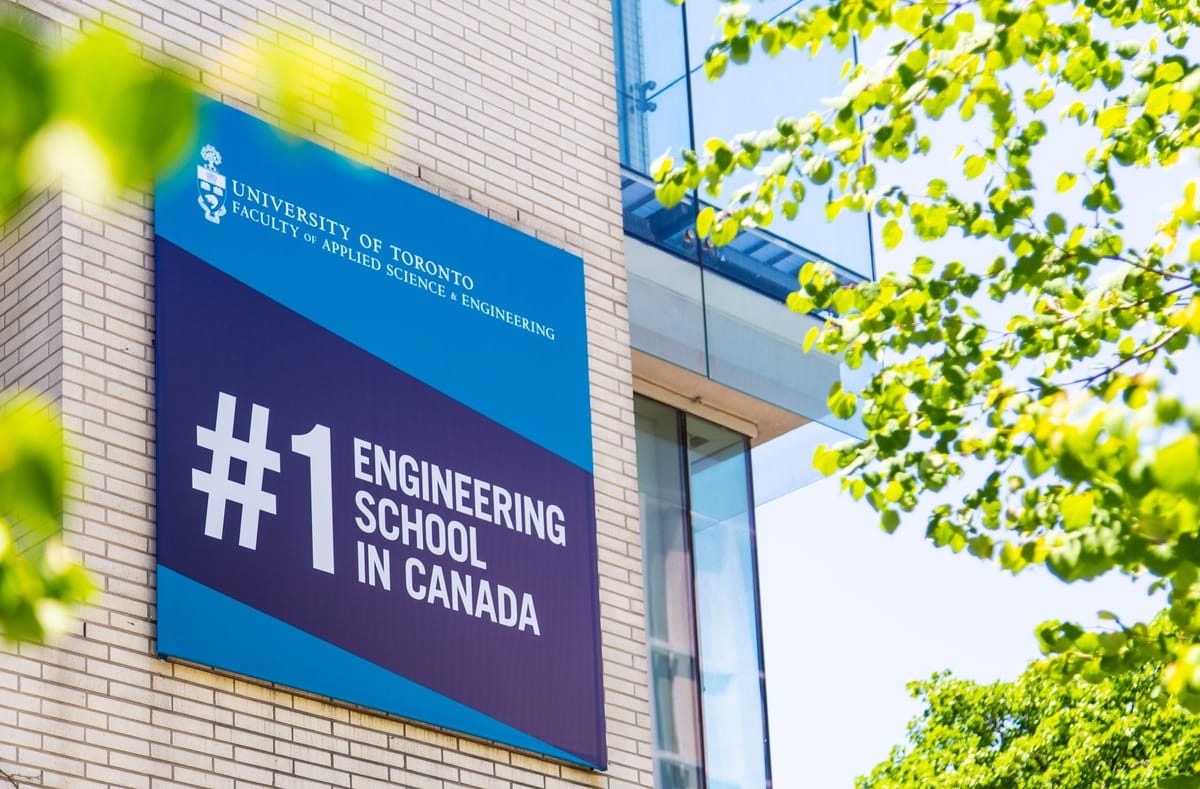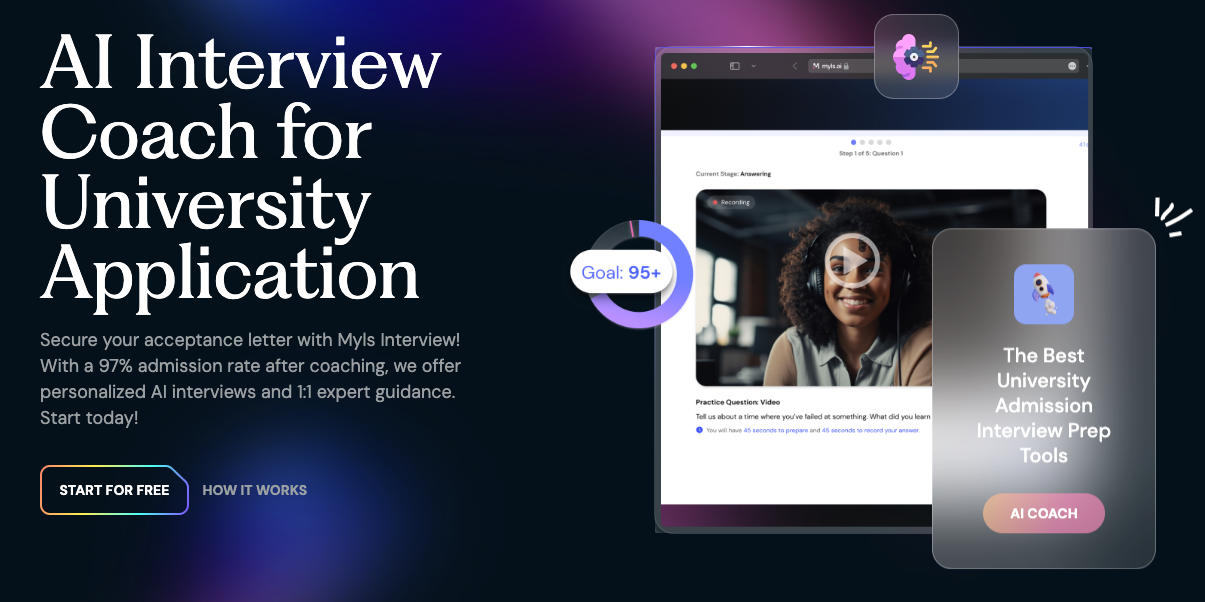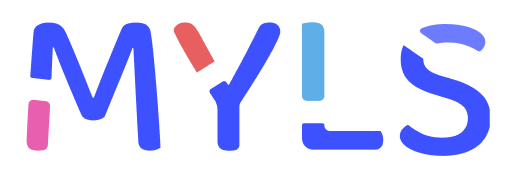University of Toronto Engineering Programs and Supplementary Application Guide | Myls Interview
Explore U of T Engineering programs and learn about the supplementary application process, including the importance of the video interview requirement and more.

Introduction to U of T Engineering
The University of Toronto (U of T) Engineering is one of Canada's top engineering schools, known for its focus on innovation, research, and practical learning. The University of Toronto (U of T) offers a range of undergraduate programs that prepare students to tackle complex global challenges through state-of-the-art facilities, top-tier faculty, and unique hands-on opportunities.
Core Engineering Programs at U of T
Core 8 Programs
University of Toronto (U of T) Engineering offers eight core undergraduate programs designed to provide specialized education in specific fields of engineering. These programs offer a direct path into each discipline, ensuring that students are well-equipped for their future careers. The Core 8 programs include:
- Chemical Engineering
Focusing on renewable energy, biotechnology, and sustainable manufacturing, U of T's Chemical Engineering program offers students opportunities to engage in industries like bioprocessing and environmental management. - Civil Engineering
Students in Civil Engineering learn to design and maintain critical infrastructure, such as buildings and transportation systems, while addressing global challenges like climate change and urbanization. - Electrical & Computer Engineering
This program covers the design and application of electrical systems and computing technologies that power modern devices and communication systems. - Industrial Engineering
Industrial Engineering students learn to optimize processes in a variety of industries, ensuring efficiency in production, manufacturing, and service operations. - Materials Engineering
Materials Engineering focuses on the development and application of new materials, improving manufacturing techniques and creating advanced materials for a range of industries. - Mechanical Engineering
Offering a blend of mechanics, materials science, and thermodynamics, Mechanical Engineering prepares students for roles in industries such as aerospace, automotive, and robotics. - Mineral Engineering
This program equips students with the knowledge to manage the extraction and processing of minerals, which are critical for construction, technology, and energy production. - TrackOne (Undeclared Engineering)
For students unsure of which engineering discipline to pursue, TrackOne offers a general first-year curriculum that allows students to sample courses from all Core 8 programs before declaring a major in their second year.
U of T Engineering Science (EngSci)
The U of T Engineering Science (EngSci) program is designed for high-achieving students seeking an interdisciplinary education. EngSci provides a strong foundation in engineering, science, and mathematics during the first two years, followed by specialization in areas like Aerospace, Biomedical Systems, and Machine Intelligence in the final two years.
U of T Engineering Supplementary Application Process and Requirements
What is a Supplementary Application?
The U of T Engineering supplementary application is a crucial part of the U of T Engineering admissions process. It goes beyond academic performance and provides the admissions committee with a holistic view of applicants, assessing leadership potential, extracurricular involvement, and personal attributes. This step includes:
- Written Responses: Applicants provide written answers to questions about their academic experiences, leadership roles, and involvement in extracurricular activities. This helps the committee understand their values, aspirations, and character beyond grades.
- Video Interview: Applicants are asked to respond to timed questions in a video interview format. This component evaluates communication skills, critical thinking, and ability to perform under pressure—qualities that are essential for success in engineering.
Why the Video Interview Matters
The video interview allows applicants to showcase their personality and problem-solving abilities. U of T Engineering values candidates who can think on their feet and communicate clearly in high-pressure situations. These interviews often help distinguish between students who excel academically and those who possess the well-rounded qualities needed to thrive in U of T’s competitive environment.
Common Challenges of the Video Interview
Many students find the video interview challenging, as it requires the ability to think critically under time constraints. However, it plays a crucial role in evaluating a candidate’s fit for the program. Successful applicants often demonstrate resilience, adaptability, and strong communication skills.
How to Prepare for the Video Interview
Preparing for the video interview requires practice and confidence. That's where MyLS Mock Interview comes in, providing an interactive tool that simulates the real interview experience.
Introducing MyLS Mock Interview

MyLS Interview offers a comprehensive practice platform, featuring over 5,000 real interview questions from top universities. With MyLS, you can:
- Select your desired program and answer a variety of questions.
- Receive personalized feedback and an AI-generated assessment report.
- Analyze key areas of improvement based on real program expectations.
This tool helps applicants feel more confident and prepared, ensuring they perform their best during the actual interview. Try out the AI Interview tool to boost your chances of acing the U of T Engineering video interview.
Why the Supplementary Application is Critical
In such a competitive admissions process, U of T Engineering uses the supplementary application to identify students with a combination of academic excellence and personal attributes. The video interview and written responses provide insight into how applicants approach challenges, collaborate with others, and contribute to their communities.
By excelling in the supplementary application, students can set themselves apart and demonstrate that they possess the qualities U of T Engineering looks for in future leaders and innovators.
Preparing for the 2025 Application Season
The information in this guide applies to the 2025 application season. As requirements may change, it's important for prospective students to check for updates on the official U of T Engineering admissions page.
Final Thoughts
U of T Engineering provides world-class education, and the supplementary application—particularly the video interview—offers applicants a chance to stand out. Whether you're interested in Chemical Engineering or the interdisciplinary EngSci program, make sure to practice your interview skills and submit a thoughtful supplementary application.
If you're preparing for the video interview component, check out Myls Interview and enhance your chances of securing admission to one of Canada's leading engineering schools.



